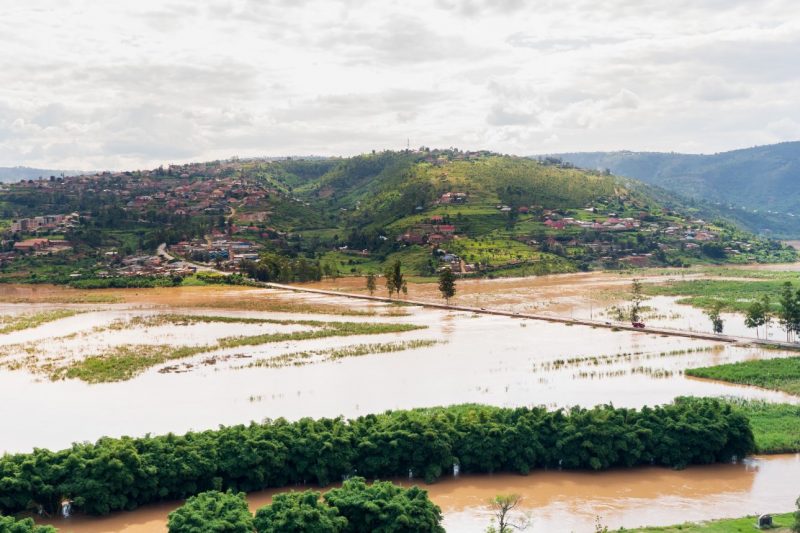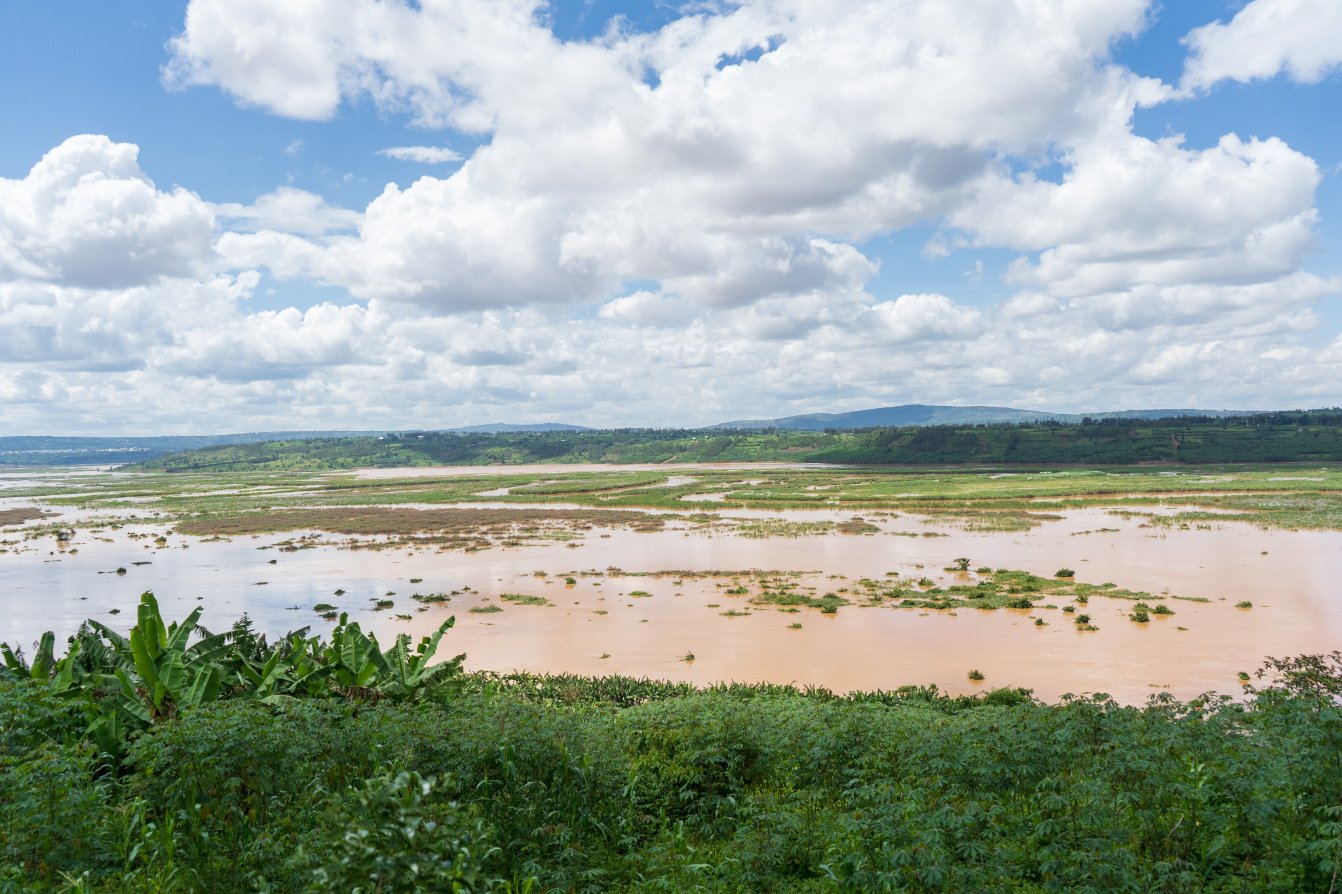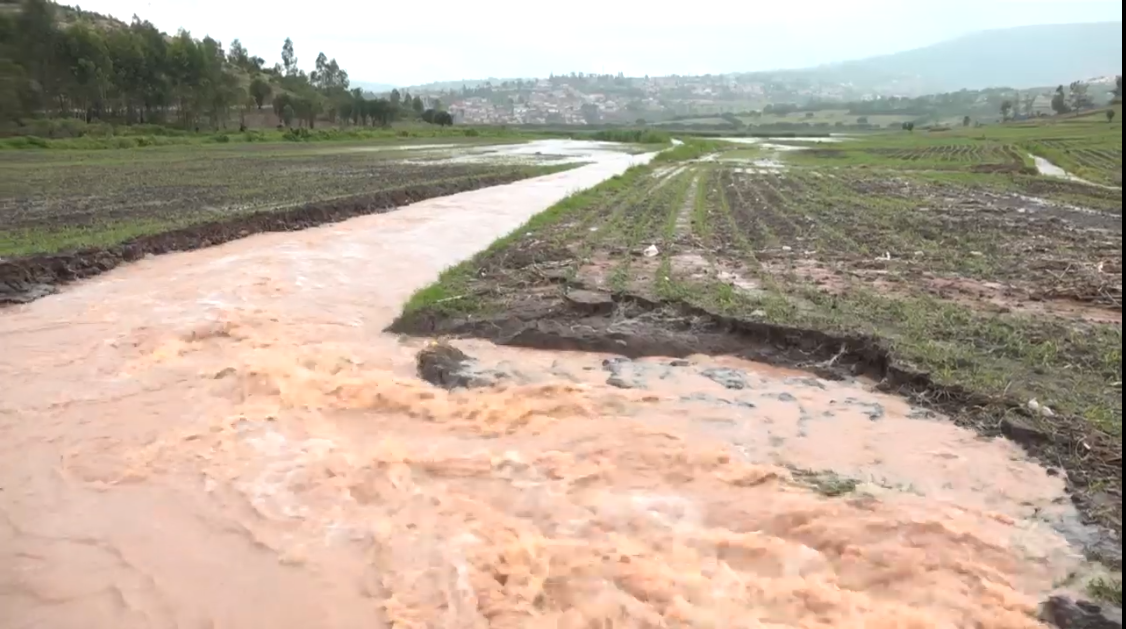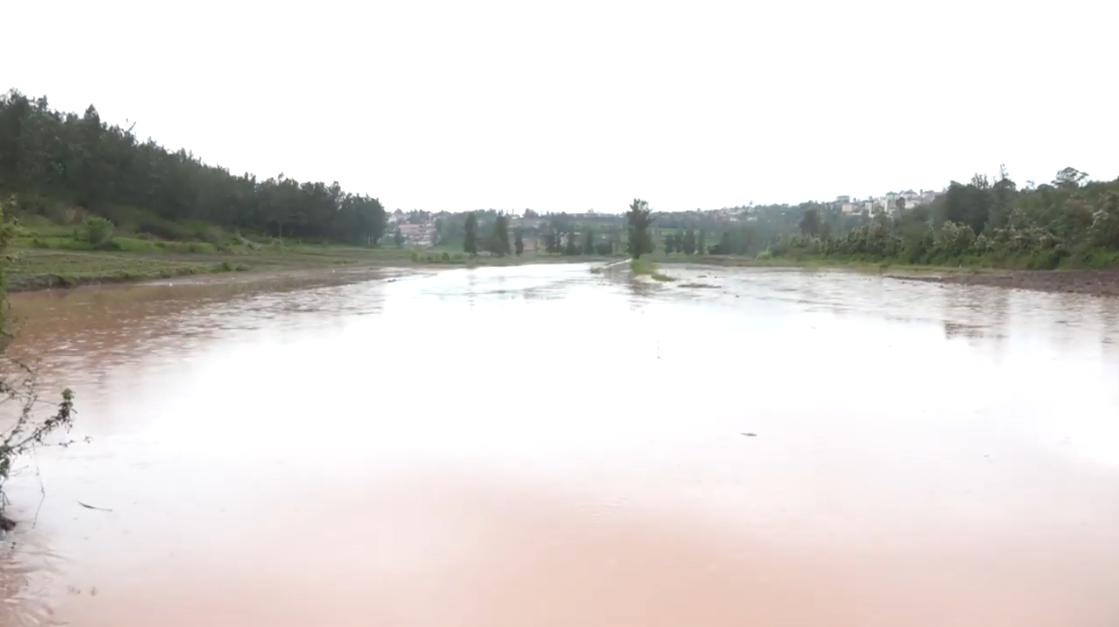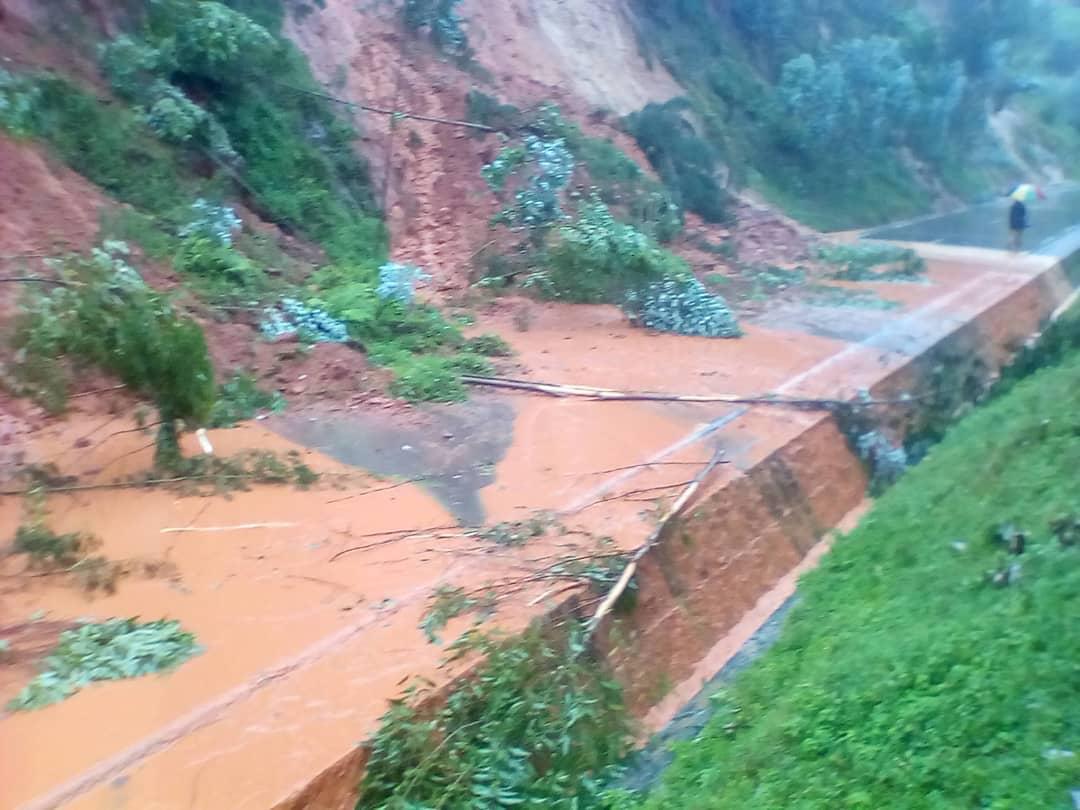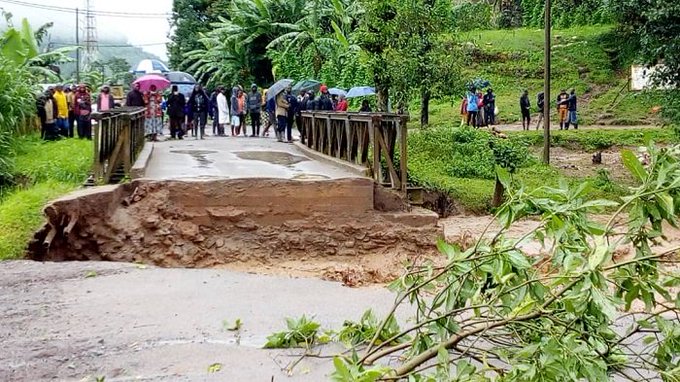Most of the farmers in Rwanda are suffering heavy losses, after their crops were severely damaged by heavy rains, which devastated agriculture in Rwanda, especially in May 2020. So far, Rwanda Agriculture and Animal Resources Development Board (RAB), states that at least six thousand hectares (6,000 Ha) of various crops which were ready to be harvested, were severely damaged by these disasters.
According to RAB, some of the worst-hit crops include rice in the Southern and Eastern Provinces, beans (which were cultivated on an area of more than 360,000 hectares), corn, sugarcane, sorghum, etc.
In the words of the Federation of Rice Cooperatives of Rwanda, based on calculations already made, they have lost a crop equivalent to Rwf 2,800,000,000, or 3,294,117 US Dollars. Despite these great trials, Rwandan farmers never give up.
Sir GAHIZA Apollinaire, the president of the federation, said: “We have already lost too much, but still we are receiving new statistics on the consequences of these disasters. Just because the farmer is like a mother, we will not be discouraged. We are going to look at how to prepare for another growing season where possible. ”
In addition to these damaged crops, these heavy rains damaged many bridges, and farmers couldn’t access the market.
Disasters: an additional threat to COVID-19 / burden on farmers
These disasters hit agriculture amid Rwanda’s coping with the Coronavirus pandemic, and all Rwandans were asked to stay at home. All these issues had a combined impact on agriculture, including:
- The losses of agricultural production, which were expected to save the farmers’ lives.
- The losses in production costs that farmers had invested in agriculture and the inability to repay the agricultural credits contracted with banks and financial institutions.
- The commercial circuit has considerably reduced.
- Limited market access.
- Inability to access to locked remote farms.
- A limited number of workers in the field to respect preventive measures to distance themselves from a meter, etc.
How can a strained farmer be saved?
Helping farmers overcome this disaster is helping the country and farmers’ organizations so that they can take over from farmers who have experienced these losses in agricultural investment and finally take over.
Mr Jean Claude IZAMUHAYE, the head of the department of Research on cultures and transfer of technology within RAB, said: “There are many plantations which were deeply affected by the floods. We are waiting for the drainage of the flooded waters to see if there will be too little production to recover; otherwise, we will have to wait for the 2021 growing season. ”
RAB also stated that in such cases, they would request immediate assistance, which can be done shortly to support people in food shortage and may require high capacity in the long term.
An inspection is also underway to see if an investigation could be carried out to see if there are more damage and emergency. If that is not done quickly, people could be affected by the food crisis due to the impacts of COVID-19 and climate disasters.
Read more on the INGABO website.
